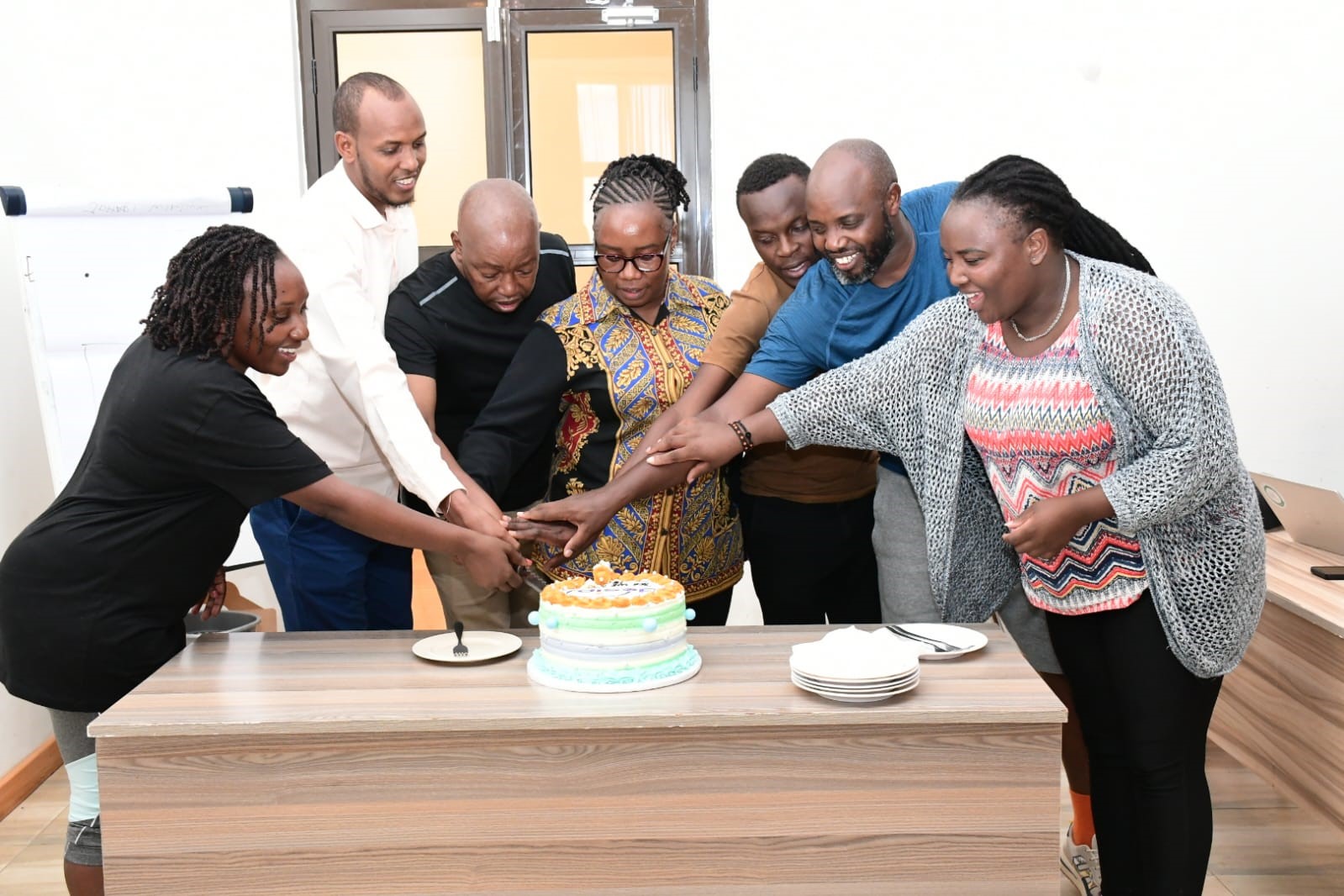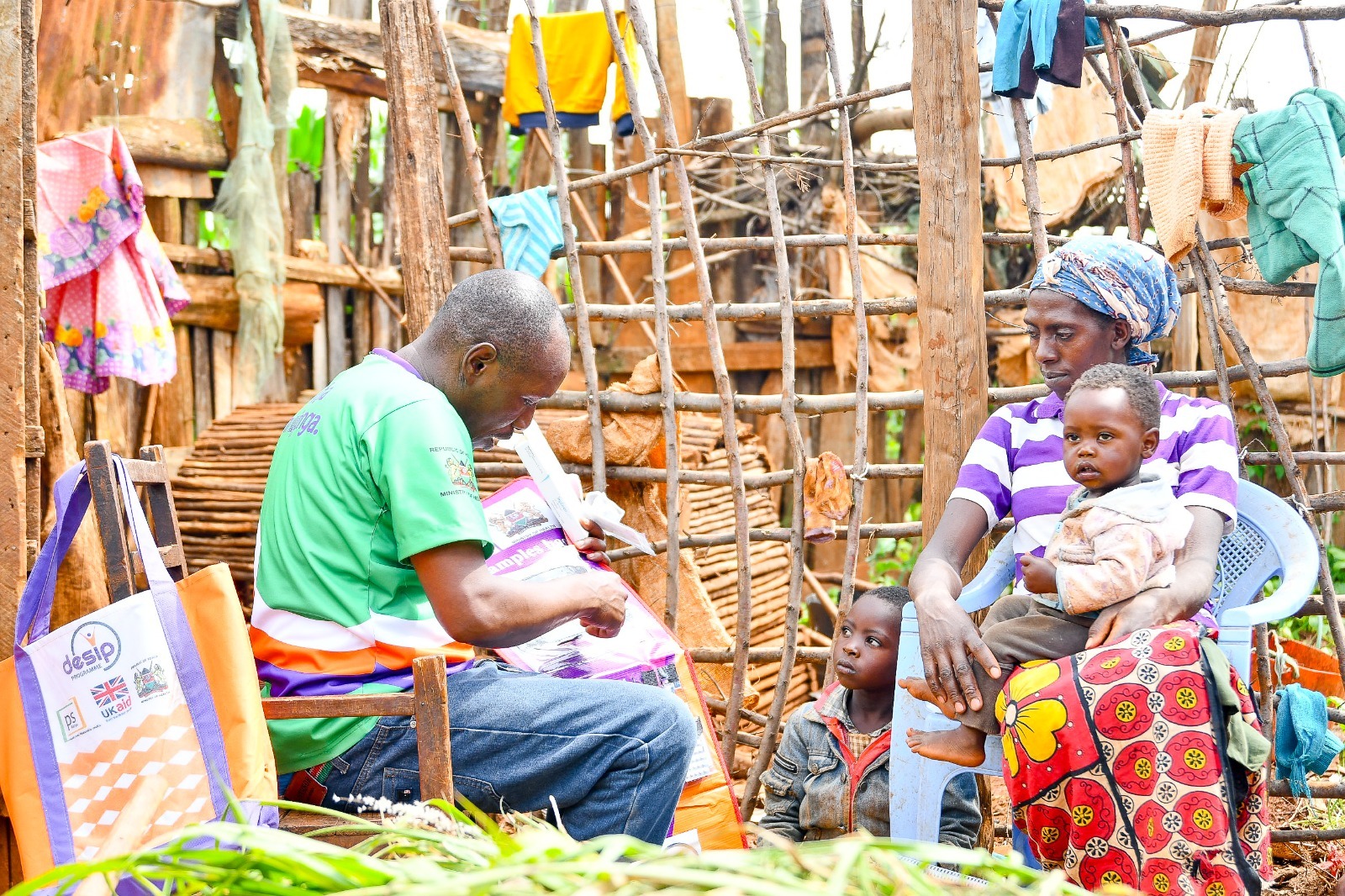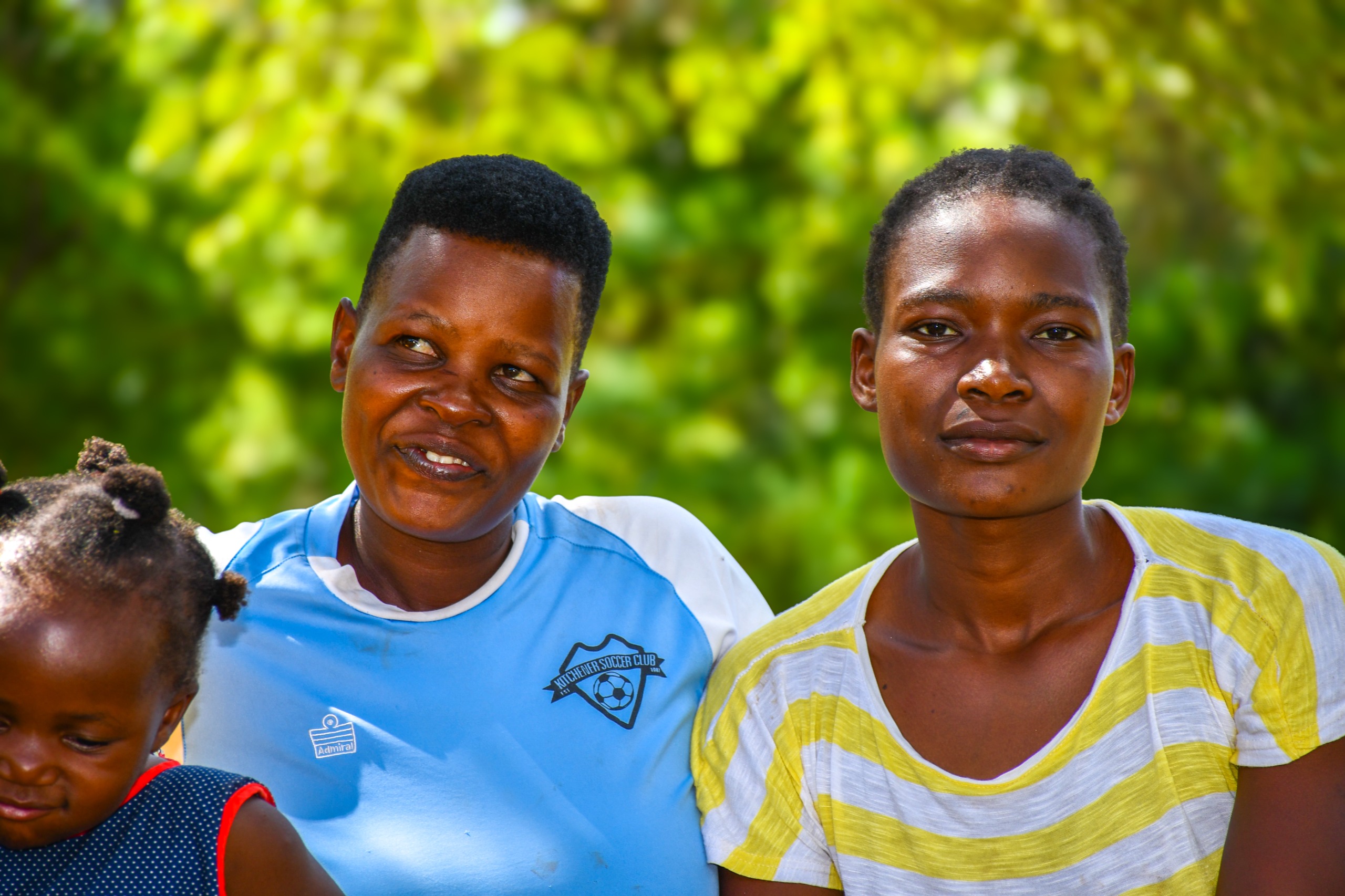WHO introduced HIV self-testing in order to improve access and improve knowledge of ones’ HIV status for individuals/subpopulations not reached by conventional HIV Testing Services (HTS), timely diagnosis and uptake of antiretroviral therapy (ART), while also averting new infections through reduced transmission. Knowledge of HIV status is critical to entry and initiation of lifelong ART which ensures quality of care for individuals who are HIV positive. In an endeavor to reach UNAIDS 95-95-95 targets, PS Kenya’s HIV Self-testing Challenge Fund Project funded by Children’s Investment Fund Foundation (CIFF) and Elton John AIDS Foundation in partnership with PSI supported the Ministry of Health to distribute HIVST kits in Kenya.
The project’s specific objectives were:
- To optimize distribution and linkage models in the public and private sector that increase uptake of HIVST among at-risk men 20-34 years
- To create a sustainable supply of HIVST kits that are conveniently available and accessible for those in need.
- To create an enabling environment for HIVST scale up and sustainability.
The project targeted young men aged 20 to 34 years through community-based hotspots, male dominated workplaces and pharmacies. The counties of implementation were Nairobi, Kiambu and Kisumu while pharmacies were located in Nairobi, Mombasa, Kisumu, Kiambu and Nakuru Counties.
Based on the fact that the project was geared to catalyze the HIVST market, four brands of test kits that are WHO pre-qualified were distributed: Blood-based kits (Insti, Sure Check and Mylan) and oral fluid-based (OraQuick).
During the project implementation, some innovative ways were deployed to ensure continued distribution in workplaces despite COVID-19 challenges. These included use of vending machines to staff working in supermarkets and manufacturing industries. After the launch in February 2021, the project collaborated with the government to map more male dominated companies where the vending machines were to be placed.
Project Performance.
- A total of 305,263 kits distributed that is 125% of overall project distribution targets. 77% of the kits were distributed to men out of a target of 70%.
- Pharmacy and community hotspot distribution models surpassed targets while the workplace model achieved 90%. This could be attributed to reduced price, pharmacy in-store activations, revamped chukua-selfie marketing, and onboarding of three online platforms.
- In collaboration with Ministry of Health, manufacturers and based on lessons from Star Project, a majority of kits distributed 181,477 (60%) were OraQuick, 62,203 (20%) were Insti, 59,266 (19%) were Sure Check and 2,317 (1%) was Mylan.
- Employed human centered design, tested and scaled-up client support systems, encouraging onsite testing and offering options for follow-up using WhatsApp for Business (Ithaka), SMS and phone calls. Through the systems, 88,677 clients reported HIV Self Testing Results, which is 60% of those who opted for post-test support, out of which 1,424 (1.6%) reported positive results and 845 (59%) reported linking to ART denominator being all clients with HIV positive results whether confirmed or not. However, following national guidelines, linkage of clients confirmed to be HIV positive was 89%.
Onwards, the SHIPS project is testing various solutions towards demand creation, e-commerce and digital counselling support to sustain purchase and use of quality HIVST kits within the private sector through a selfcare approach that bundles multiple SRH and HIV prevention products.



